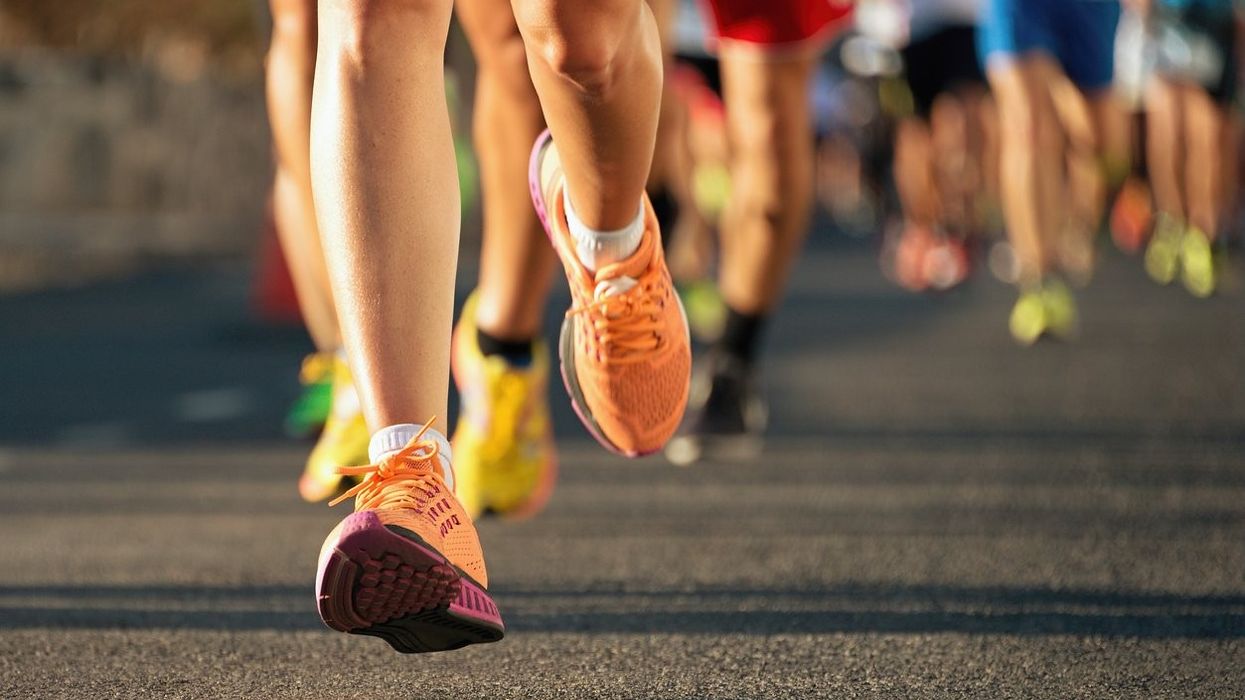Athletes who run a mile in under four minutes are found to live for about five more years than their predicted life expectancy, according to a new study published in the British Journal of Sports Medicine.
Researchers tracked the longevity of the first 200 athletes ever to have run a mile (roughly about a kilometre-and-a-half) in under four minutes.
The athletes' 4-minute mile achievements spanned a period of 20 years from 1954 to 1974 and the runners came from 28 different countries across Europe, North America, Oceania and Africa.
The researchers, including those at the Victor Chang Cardiac Research Institute in Australia, found that these athletes outlived the general population by several years. On average, they were found to live nearly five years beyond their predicted life expectancy.
Further, the runners whose first successful attempt was in the 1950s were found to outlive the general population by nine years, while the runners having their first successful attempt in the 1960s and the 1970s were found to live 5.5 years and nearly 3 years longer than the general population, respectively.
The analysis also found that the average age of the surviving athletes was 77 years, while the average age of the dead athletes when they died was 73 years.
All the 200 athletes were men, born from 1928 to 1955, and were aged about 23 years (on average) when they ran a mile under four minutes for the first time. The times ranged from 3:52.86 and 3:59.9 minutes.
The researchers said it has long been thought that exposing the body to bouts of extreme endurance exercise may push it too far and shorten life expectancy. However, the latest findings challenge these notions, they said.
"This finding challenges the upper ends of the U-shaped exercise hypothesis (as it relates to longevity) and, once again, reiterates the benefits of exercise on the lifespan, even at the levels of training required for elite performance," the authors wrote.
They explained that the high aerobic and anaerobic requirements of running a mile necessitate putting in relatively high training volumes of around 9-12 hours or 120-170 kilometres a week.
While all this can mean pushing the body beyond its limits, particularly from an intensity perspective, this does not seem to affect lifespan, and if anything seems to prolong it, the researchers said.
They also acknowledged that a healthy lifestyle and genes may also have contributed, as 20 sets of brothers, including six sets of twins and father and son combinations, were among the first 200 runners to break the 4-minute mile.
The first person to achieve the feat was English neurologist and middle-distance athlete Roger Bannister on May 6, 1954, to mark the 70th anniversary of which, the study was released, the authors said. (PTI)




